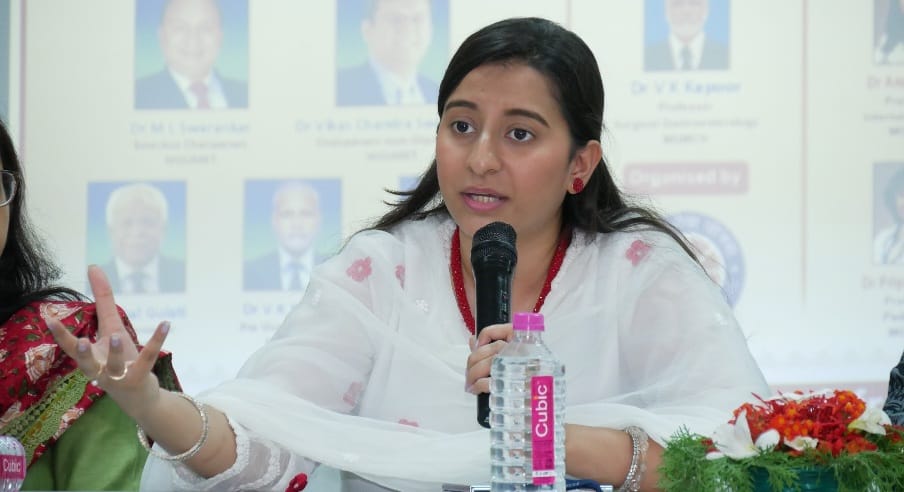Thanks to wellness awareness, we care more than ever about keeping our bodies and minds in good health.
Mental health remains one of the most pressing yet overlooked issues in India. Despite increasing awareness and a gradual shift in perceptions, stigma surrounding mental health issues persists, affecting millions of individuals and their families. This blog explores the roots of this stigma, its impact on society, and what can be done to foster a more supportive environment for those struggling with mental health challenges.
The Roots of Stigma
Cultural Beliefs and Misconceptions
In India, mental health issues are often misunderstood. Many still equate mental illness with weakness or a lack of willpower. Traditional beliefs sometimes attribute these conditions to supernatural forces or moral failings, leading to fear and isolation. This cultural backdrop fosters an environment where individuals are reluctant to seek help, fearing judgment from family and society.
Lack of Education and Awareness
A significant gap in mental health education contributes to stigma. In many communities, mental health issues are not openly discussed, leading to misinformation. Without proper understanding, people may resort to stereotypes or dismiss those with mental health conditions, further entrenching stigma.
Family Pressure and Shame
In a collectivist society like India, family reputation is paramount. Families often fear that admitting a member has a mental health issue will bring shame or social ostracism. This can result in individuals being silenced or even hidden away, preventing them from receiving the support they need.
The Impact of Stigma
Barriers to Treatment
Stigma creates significant barriers to seeking help. Individuals may avoid counseling or therapy due to fear of being labeled “crazy” or “weak.” This reluctance can exacerbate their conditions, leading to a cycle of suffering that could be alleviated with appropriate care.
Mental Health and Employment
Stigmatization can also impact employment opportunities. Many employers in India remain unaware or insensitive to mental health issues, leading to discrimination. Individuals may be hesitant to disclose their struggles, fearing job loss or lack of career advancement.
Social Isolation
The stigma surrounding mental health can lead to social isolation. Friends and family may distance themselves from someone experiencing mental health challenges, leading to feelings of loneliness and despair. This isolation can worsen the individual’s mental health condition, creating a vicious cycle.
Moving Towards Change
Raising Awareness
Education is key to dismantling stigma. Initiatives aimed at spreading awareness about mental health through schools, workplaces, and community programs can help challenge misconceptions and foster understanding.
Open Conversations
Encouraging open discussions about mental health in families and communities can break down barriers. When public figures share their mental health struggles, it normalizes the conversation and shows that it’s okay to seek help.
Policy and Support
Advocating for mental health policies and resources is crucial. The Indian government has made strides with initiatives like the Mental Healthcare Act of 2017, but more work is needed to ensure accessible services and protect the rights of those with mental health issues.
Community Support
Building support networks within communities can create safe spaces for individuals to share their experiences. Peer support groups can provide a sense of belonging and understanding, reducing feelings of isolation.
Tackling the stigma surrounding mental health in India requires a concerted effort from all sectors of society—individuals, families, communities, and governments. By fostering understanding, encouraging open conversations, and advocating for supportive policies, we can create an environment where mental health is treated with the same importance as physical health. It’s time to break the silence and stigma, paving the way for a healthier, more inclusive society.





Comments
adamgordon
Thanks for sharing this information is useful for us.